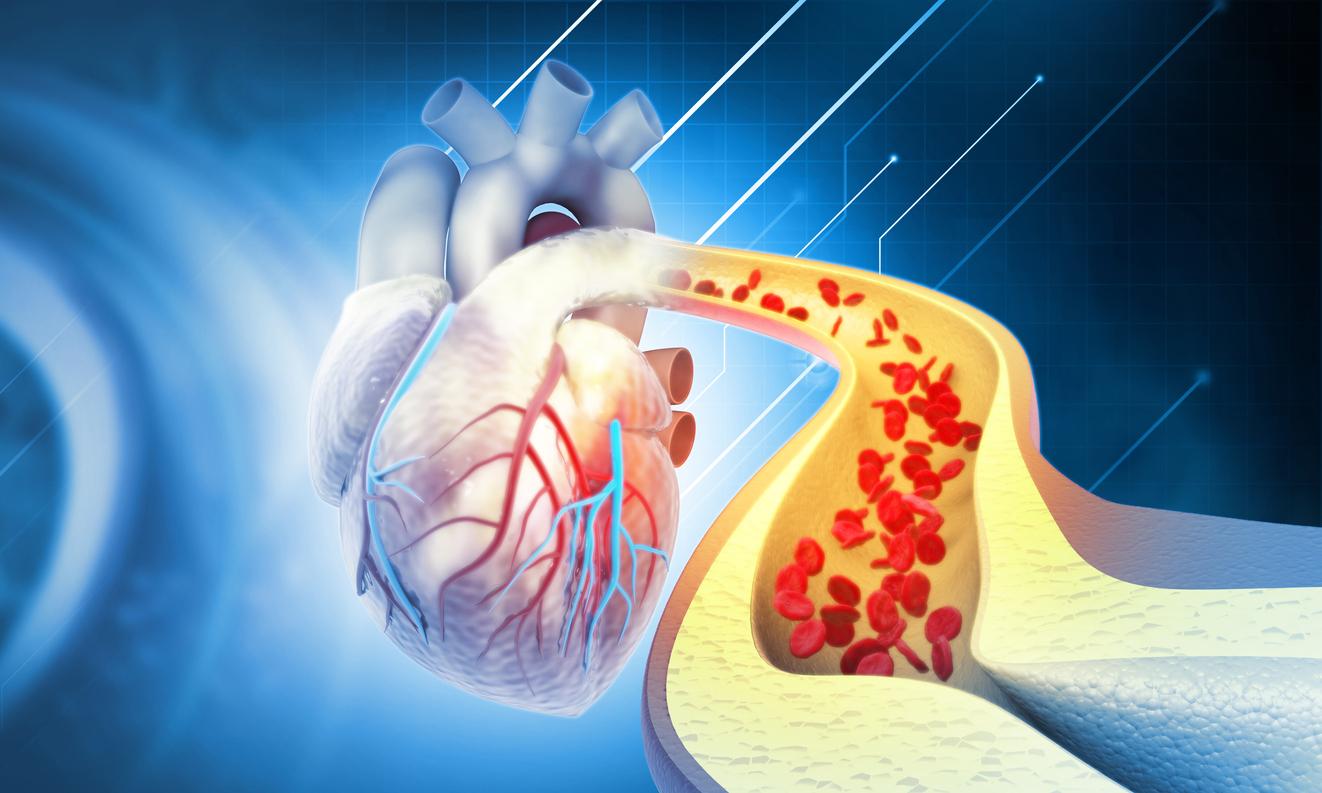January 22, 1999 – The review Phytomedicine recently reviewed recent research on the properties of artichoke leaf extract (Cynara scolymus) in cases of high cholesterol, dyspepsia (symptoms related to digestion) and for its protective properties of the liver (Kraft, 1997). Several studies, clinics, in vivo and in vitro confirmed these traditional uses of artichoke. Additionally, researchers have identified some of the plant’s important constituents, including luteolin and the glucosides scolymoside and cynaroside.
Based on recent research, the author predicts that artichoke will become a fairly common primary treatment for high cholesterol. In a study of 557 patients taking a daily average of 1.5g of artichoke extract, a significant decrease in blood cholesterol and triglycerides was observed over a period of 43 days (Fintelmann and Menssen, 1995) .
Double-blind clinical studies and studies in vitro also demonstrated the ability of artichoke extract to increase HDL (high density cholesterol) levels and inhibit LDL oxidation. Researchers believe that artichoke works by stimulating the elimination of cholesterol and reducing its synthesis in blood cells. According to research in vitro, luteolin inhibits up to 60% of cholesterol biosynthesis (Gebbhardt, 1996).
Parent of milk thistle (Sylibum marianum), artichoke extract appears to have similar hepatoprotective and antioxidant properties. Thus, a study on a culture of liver cells showed that an extract of 10 mg / ml of artichoke leaf protected the cells against the toxic effects of carbon tetrachloride. The artichoke appears to stimulate the regeneration of liver cells when exposed to various toxins. However, these effects have not yet been confirmed by controlled clinical studies.
Artichoke extract also has the property of increasing the number and size of bile vesicles in liver cells, which stimulates the secretion of bile. This was recently discovered in a study of liver cell cultures treated with 1 mg / ml of artichoke extract (Gebbhardt, 1996).
Finally, several double-blind, placebo-controlled clinical studies have demonstrated the positive effects of artichoke leaf extract for dyspepsia problems (abdominal pain, heartburn, constipation, diarrhea, nausea, etc.).
According to the author of the article Phytomedicine, artichoke leaf extract seems to be well tolerated by 95% of subjects. The only contraindication is the occlusion of the bile ducts and the gallbladder. People allergic to plants of the Asteraceae family should refrain from consuming artichoke leaf extract.
[Fintelmann V, Menssen HG. Résultats récents de la recherche sur l’extrait de feuille d’artichaut et le métabolisme des lipides et la dyspepsie (en allemand). Dtsch Apoth Ztg. 1996; 136:1405
Gebbhardt R. Antioxydant and hepatoprotectrice effects of artichoke extracts and constituents in cultured rat hepatocytes. Internat Workshop on in vitro Toxicology. 1996;6:24-28
Kraft K. Artichoke leaf extract – Recent findings refelcting effects on lipid metabolism, liver and gastrointestinal tracts. Phytomedicine. 1997;4(4):369-378.
Recknagel RO, Glende RA. Carbon tetrachloride hepatotoxicity: an example of lethal cleavage. Crit Rev Toxicol. 1973; 2:263.]
HealthPassport.net
According to Herbal Gram, no 44 (Fall 1998)
















